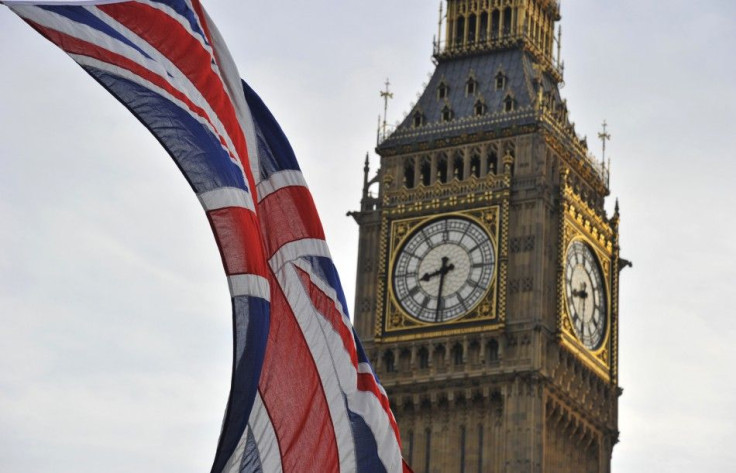NSA Snowden Leaks: UK Government Has Gone To A ‘Terrifying Place,’ Advocates Say

Though privacy and civil liberties advocates continue to agitate over recent revelations about the U.S. government’s surveillance programs, last night they turned their ire to the other side of the pond. In the last 48 hours, the U.K. government has taken unprecedented steps against reporting on the spy programs.
Alan Rusbridger, the editor of the British-based Guardian newspaper, which has been the primary outlet publishing the revelations from former U.S. intelligence contractor Edward Snowden, charged in an opinion piece Monday that the U.K. government forced the paper to destroy hard drives holding documents from Snowden. In what Rusbridger describes as “one of the more bizarre moments in the Guardian's long history,” the paper smashed a set of hard drives in the basement of its London offices while two security experts from the government's GCHQ spy agency stood watch.
That incident, reported after British officials detained the partner of Guardian reporter Glenn Greenwald for nine hours at London’s Heathrow airport Sunday, reveal a level of intimidation and interference with the press that is rarely seen in the U.S. But some see the U.S. as complicit in the events.
“Combine Rusbridger’s revelations with news of the detention of Greenwald’s partner David Miranda by U.K. authorities,” Columbia Journalism Review's Ryan Chittum wrote, “and you have a DEFCON 2 journalism event.” (DEFCON 2 is U.S. military code for a state of high alert.)
“We have the spectacle of communications between two American journalists-in-exile -- reduced to passing information via courier because their government is spying on everything they do online -- busted up by the U.S.’s top ally, apparently with no protest from the Obama administration, which was given a heads-up,” Chittum continued. Miranda, Greenwald’s partner, was returning to Brazil, where he and Greenwald live, from Germany, where documentary filmmaker and their partner in NSA reporting Laura Poitras is staying.
The loss of the hard drives will have no impact on the Guardian’s reporting on the Snowden leaks in the future because the paper has the documents in multiple places, many of which are outside the U.K., a point Rusbridger said he made clear to the government officials. “Bluntly, we did not have to do our reporting from London. Already most of the NSA stories were being reported and edited out of New York. And had it occurred to him that Greenwald lived in Brazil?” he wrote.
According to Rusbridger, government officials told the paper that if it did not either hand over or destroy the hard drives, the paper would face legal action that could keep it from reporting on Snowden altogether.
The response to Rusbridger’s piece on Twitter Monday evening ranged from horror to gallows humor.
Salon writer and author David Sirota called the hard-drive smashing incident “the 21st century version of book burning.”
Julian Sanchez, a surveillance expert at the libertarian Cato Institute, tweeted:
Whatever you think of Ed Snowden or the NSA stories, the British gov't has gone to a terrifying place. https://t.co/9CnahBSVQN
- Julian Sanchez (@normative) August 20, 2013
Mocking the tech-savvy of British agents who oversaw the destruction of the hard drives even though, in today’s digital world, it would have no impact on their ability to report, privacy lawyer Amie Stepanovich of the Electronic Privacy Information Center, tweeted out a famous clip of the movie "Zoolander." The scene shows a male fashion model unable to comprehend how computers store information digitally.
GCHQ: The Files are in the computer! http://t.co/LGOw4iVTtH
- Amie Stepanovich (@astepanovich) August 20, 2013
© Copyright IBTimes 2024. All rights reserved.






















